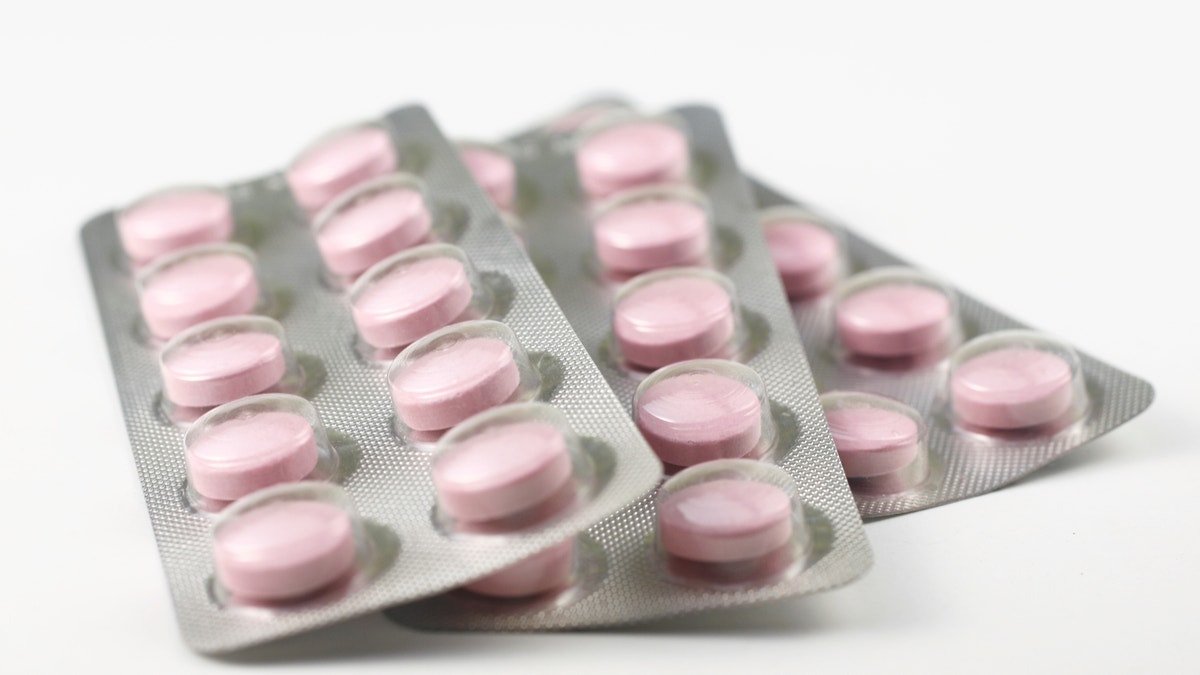
Although millions of American women use hormone therapy, some of its effects are uncertain due to previous mixed results and insufficient research. But a new randomized, placebo-controlled clinical trial suggests the therapy does not impact mental skills like verbal memory— a suspected effect that has encouraged and discouraged women from using it— regardless of when an individual begins taking estradiol after menopause.
Estradiol is the most common estrogen made in the human body during a woman’s reproductive phase. During menopause, production of the hormone ceases, and these hormone changes have been linked to symptoms like hot flashes and memory decline.
“It would’ve been nice to show a particular [cognitive] benefit for a particular age group, but we didn’t find that,” lead study author Dr. Victor Henderson, professor of health research and policy, and of neurology and neurological sciences at the Stanford University School of Medicine, told FoxNews.com. Henderson collaborated with authors at the University of Southern California – Los Angeles for the research.
Hormone therapy has proven effective for counteracting osteoporosis and improving vasomotor symptoms, Henderson said. However, its cognitive effects have been undetermined in older women— as previous larger, long-term studies have suggested a nil impact— and insufficient in younger women, as those study models have not been long term, randomized and controlled, the highest standard for scientific research.
Based on other previous study results, Henderson and his team first hypothesized that hormone therapy would impact younger postmenopausal women but not the older women.
For the study, which will be published Wednesday in the journal Neurology, researchers studied 567 women ages 41 to 84 and split them into two groups: those who had experienced menopause in the previous six years and those who had experienced it at least 10 years prior, representing “early” and “late” groups, respectively. Participants were randomized to receive estradiol or a placebo for 17 days. Study authors analyzed their mental skills using cognitive measures at baseline, two and a half years into the study, and five years later. Verbal memory and executive functions like judgment, planning reasoning and focusing attention, plus their overall neurophysical conditions, were among the measures.
Researchers didn’t observe cognitive changes in either the early or late group, nor did they find any difference among various subgroups. Those groups included women who at the time of enrollment were experiencing hot flashes, women who had the dementia marker apolipoprotein E, or women who had undergone a hysterectomy or an oophorectomy.
Based on his team’s results, Henderson said women seeking memory improvement from hormone replacement therapy can infer that, from this study, there’s no indication of this benefit. But, he said, “If a woman is considering hormone therapy for other approved indications like moderate to severe vasomotor symptoms, concerns about adverse cognitive outcomes shouldn’t weigh into that.”
Dr. Pauline Maki, professor of psychiatry and psychology at the University of Illinois at Chicago, who has studied hormone therapy in postmenopausal women but was not involved in the current study, said that fact could offer reassurance for women fearful of a negative memory effect from the therapy. Results from a large, longitudinal study in 2002 by the Women’s Health Initiative suggested hormone therapy was linked with a twofold increased risk of dementia. The women in the study had an average age of 72 and took hormone therapy for 22 years.
Maki also called Henderson’s research “exceptional,” as 98 percent of the participants maintained their medication regimen over the five-year period. She added that the cognitive tests participants underwent were appropriate, as they are thought to be sensitive to changes in estrogen levels, she said.
Scientists know more about hormone replacement therapy today than they did two decades ago, but some questions remain.
Maki said further study could analyze whether hormone therapy improves memory in women with moderate to severe hot flashes. Previous research suggests a correlation among brain functioning on neuroimaging scans, memory tests and incidence of hot flashes, she said.
“The main reason women take hormone therapy is for hot flashes, and 85 percent of women experience that,” she said.
Another thing scientists still don’t know for sure is the therapy’s long-term effects on late-life disorders like Alzheimer’s disease, Henderson said.
“There’s pretty good evidence that starting hormone therapy late increases dementia risk, but I think it’s somewhat of an open question if starting it early protects against Alzheimer’s risk,” he said.
Further study may explore that possible risk, as well as how hormone replacement therapy may affect women who undergo premature menopause either due to disease, an unknown cause, or due to radiation or chemotherapy.
“Those [areas] weren’t addressed in this study and haven’t been in others,” Henderson said.







































